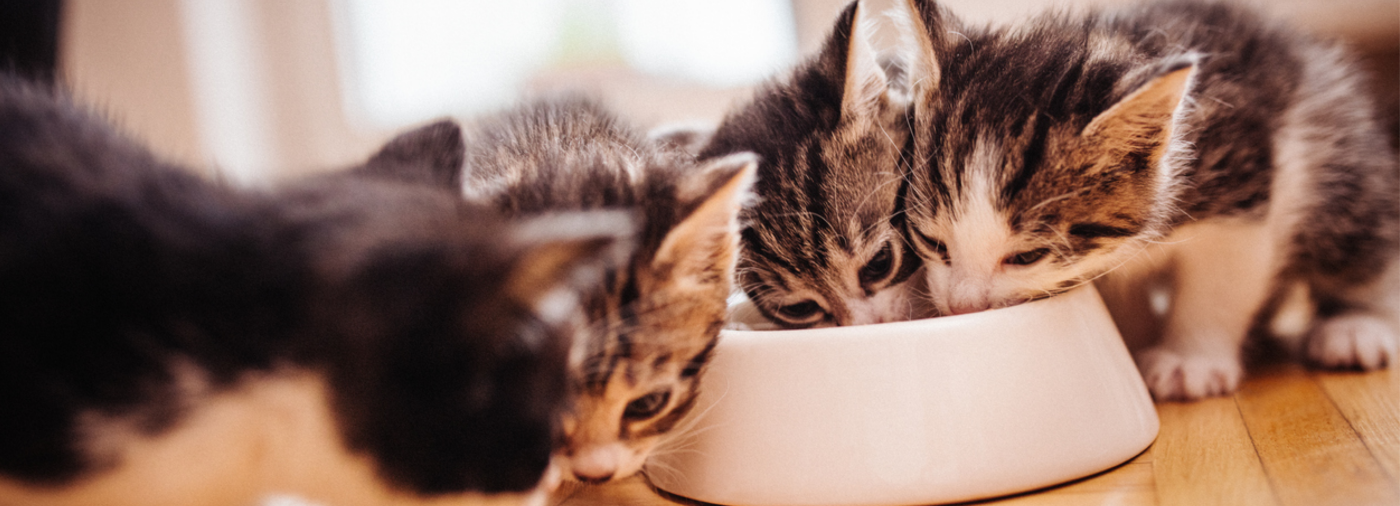Your Cart is Empty
Limited time only! Hot offers across Royal Canin, Black Hawk and Lifewise
Limited time only! Hot offers across Royal Canin, Black Hawk and Lifewise

Moving Your Pet to a New Diet
If you are thinking about changing up your pet’s diet, it isn’t as simple as dropping a new bowl of food at their paws one night. New diets should be introduced gradually to reduce the chance of any digestive upsets and ensure your pet adjusts well to the new food.
It should take about a week to fully transition your pet to a new diet. Increase the new food in 25% increments every couple of days, until the new food accounts for 100% of their meal. Monitor how your pet copes with the change, and then continue increasing as per the guide below:
- 25% of the new diet and 75% of the old diet
- 50% of the new diet and 50% of the old diet
- 75% of the new diet and 25% of the old diet
- 100% of the new diet
Of course, you can take longer if you like, depending on how your pet reacts to the new food. If there are any worries or health issues, make sure you contact your veterinarian before continuing.

When should I change my pet’s diet?
The main trigger points that you should change your pet’s diet are at their three major life stages – puppy or kitten, adult and senior. Each of these life stages required tailored nutrition to suit your pet’s needs.
There are a few more reasons that you might shift your pet’s diet.
- Your pet is pregnant. A lactating pet needs additional energy and may require a new diet that is better suited to their nutritional needs.
- An illness or condition, such as skin sensitivity or gastrointestinal upset.
- You’ve been researching various pet foods or have spoken to your veterinarian and have decided to change your pet’s food to better support their health.
RSPCA Victoria feeds our animals Royal Canin for a nutritionally complete diet. You can shop the range here.
Signs that your pet might need to change diet.
There are some signs your pet might need a new diet, including:
- A dull, flat coat may be from a lack of nutrients in their current diet
- Loose stools and flatulence can be a sign of food intolerance or the result of a lower quality food
- Low energy levels
- Overweight or obese pets may require a new diet to assist them with weight loss while ensuring they receive proper and complete nutrition.
Keep an eye on them.
It takes at least two months to determine whether your pet’s new diet will be of benefit to them. A good match will show in your pet’s appearance, weight, skin, stools and coat. As always, we’d recommend to have a checkup with your vet to make sure the diet is having the desired effect.
Subscribe
Sign up to get the latest on sales, new releases and more …
